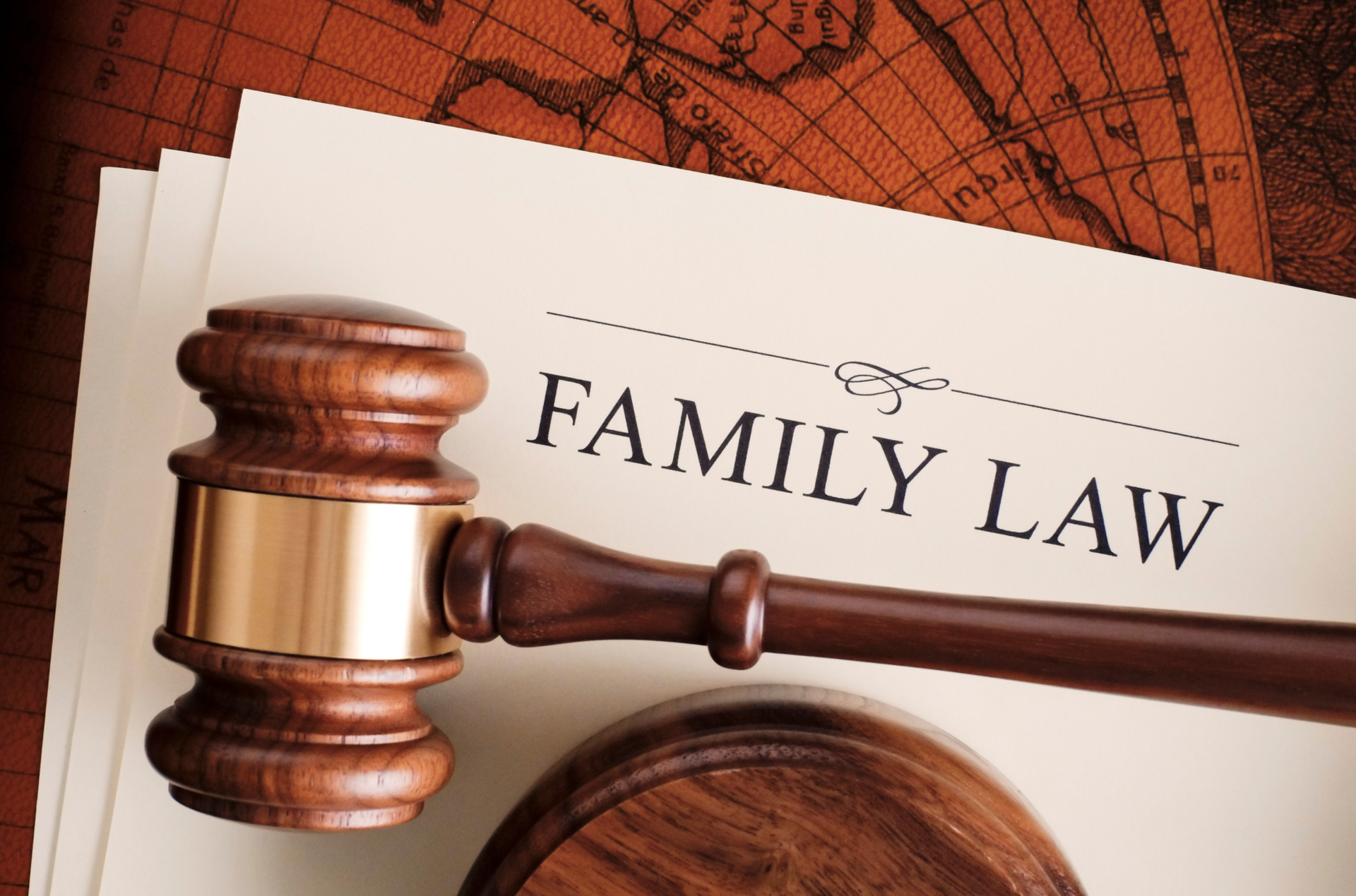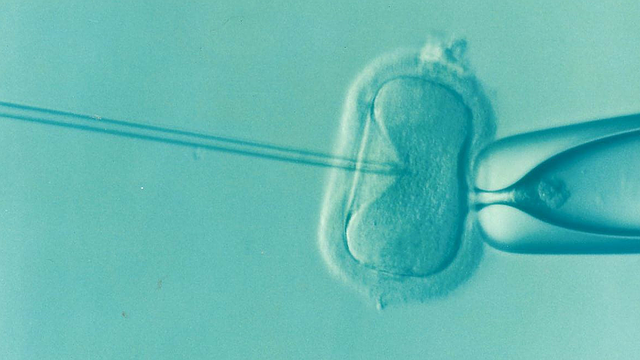What is required of me to be an egg donor?
As an egg donor, you have the opportunity to become an important part of a recipient family’s journey toward parenthood. Egg donors provide eggs to a family to facilitate pregnancy. The pregnancy can be carried to term by the future mother or a surrogate who carries the child for the parents.
To make sure the eggs are healthy and to increase the likelihood of a healthy pregnancy, donors are asked to uphold standards like these:
1. Be healthy and relatively young
Fertility starts to decrease in the 30s, so most egg donors are between the ages of 21 and 29. Donors should be screened for reproductive diseases and disorders and should have no history of reproductive issues prior to becoming a donor. Donors must also have both ovaries.
2. Have a healthy weight and lifestyle
Lifestyle issues like alcohol consumption, smoking, and drug use can be considered as families select an egg donor. All of these behaviors can have a negative influence on egg health. Fitness and activity level may also factor in, though a broad range of fitness levels are permissible.
3. Be psychologically sound
Emotional health contributes to a successful donation process. Psychological screening is an integral part of egg donation throughout Maryland, Virginia, and Washington DC. Donors with a history of serious mental health issues may be disqualified.
4. Submit a family medical history
A family medical history typically covers the would-be donor’s immediate relatives for two or three generations. It helps improve prenatal care and make the recipient family aware of the potential for any congenital health issues or pregnancy complications.
5. Meet other requirements as needed
There may be other requirements specified by the donor family. If so, these will be spelled out in the agreement presented to the donor. For example, some recipient families may wish to focus on donors who have a college education or other traits.
What is Required of the Egg Donor Before Egg Removal?
Egg donation is a comprehensive process that takes a bit over a month. To begin, blood work is performed to test hormone levels in the donor’s body. A physical and other screenings are done early on, too.
In a few weeks, medication is introduced to the donor that stimulates the growth of multiple eggs within the ovaries. Medication is usually taken for more than a week. Appointments must be held regularly to monitor progress.
When development completes, eggs are removed in a brief surgery that requires sedation.
The egg donor cedes the right to be part of the child’s future life and has no contact with the recipient family. In anonymous arrangements, the donor and recipient family have no details they can use to contact one another.
That said, some egg donors are chosen by a recipient family because of their existing relationship. In either case, the donor will consult with an assisted reproduction attorney and sign a contract laying out all rights and responsibilities.
You do not need to live in the same state as the surrogate or recipient parents to donate eggs.
Are you interested in becoming an egg donor? Are you thinking about using an egg donor to reach your reproductive goals? In Maryland, Virginia, and Washington DC, we can help. Our adoption and assisted reproduction attorneys guide you every step of the way.
Contact us to learn more today.












